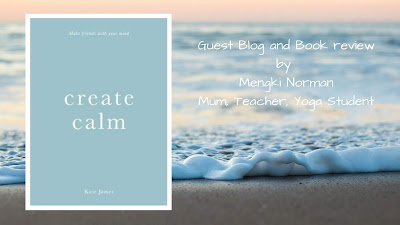Tales of Resilient Teens

What is “Resilience”? It can be difficult to define precisely but you know it when you see it. My personal definition is this: “A resilient person can deal with severe adversity without being deformed by it. A resilient person can make it through painful experiences and live an optimistic, meaningful life while enriching the lives of those around them.” Last week I wrote about how our ability to rise above challenges depends, in part, on the communities and resources that surround us. I stressed the importance of community and being part of a “tribe”. However “resilience” can also be reflected in the way people choose to respond to adversity. There was a fascinating study done on resilience which is described in the book “Out of the Woods: Tales of Resilient Teens” published in 2008. The book opens in a locked psychiatric ward full of troubled teens. These young patients did not have trivial issues: drug addiction, suicide attempts, major disruption at school and criminal be...


